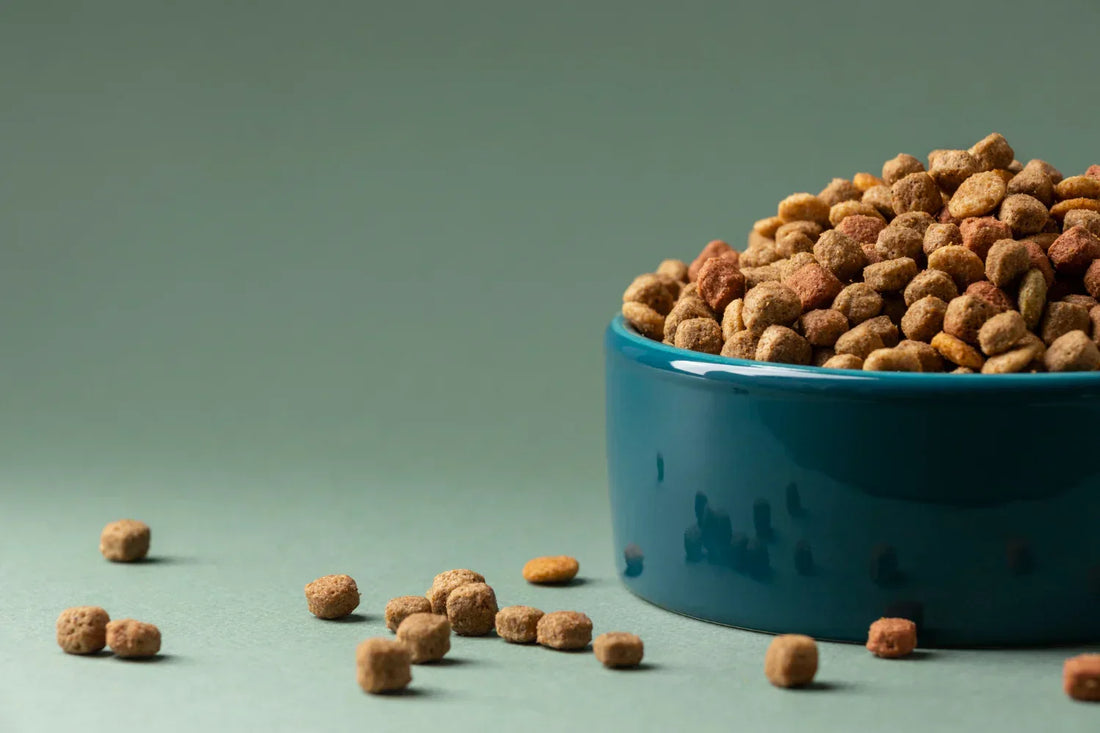What are the best dog kibbles?

Choosing the right kibble is essential for your dog's health and well-being. The best kibble should be tailored to your dog's age, size, activity level, and specific needs.
1. Kibble adapted to the dog's age
- Puppy : High protein and fat requirements for growth. Choose "special puppy" kibble.
- Adult : A balanced diet to maintain weight and energy.
- Senior : More digestible kibble, with fewer calories and joint supplements (glucosamine, chondroitin).
2. A quality composition
- Animal protein as first ingredient : Meat (chicken, beef, lamb) or fish.
- Grain-free or with digestible grains : Some brands offer kibble without wheat or corn, which is better tolerated by some dogs.
- Rich in essential fatty acids (omega-3 and 6) : For skin, coat and proper brain function.
- No artificial additives : Avoid chemical preservatives and colorings.
3. Specific kibbles according to the dog's needs
- Digestive problems : Hypoallergenic or high-fiber kibble.
- Joint problems : Formulas enriched with glucosamine and chondroitin.
- Sterilized dogs : Light kibble to prevent weight gain.
- Active or sporty dogs : Formulas rich in protein and lipids for endurance.
4. Should you avoid low-end industrial kibble?
Yes, because they often contain:
- Too much low-quality animal by-products.
- Excessive cereals (wheat, corn) are difficult to digest.
- Artificial additives and preservatives.
5. How to choose the right one for your dog?
- Check the composition on the label (proteins as the first ingredient).
- Avoid kibble with too many carbohydrates (>35%).
- Make a gradual transition over 7 days by changing your diet.
A quality diet directly affects your dog's health, digestion, and energy. Choosing the right kibble, tailored to their needs, is essential to ensuring a long and healthy life.






